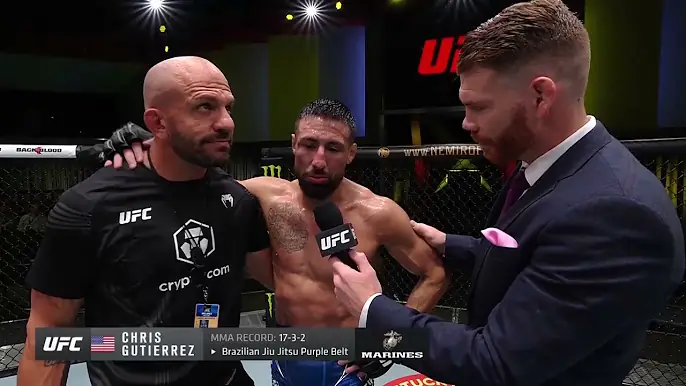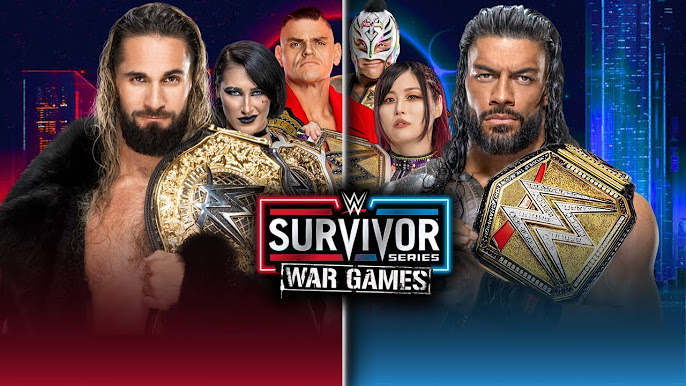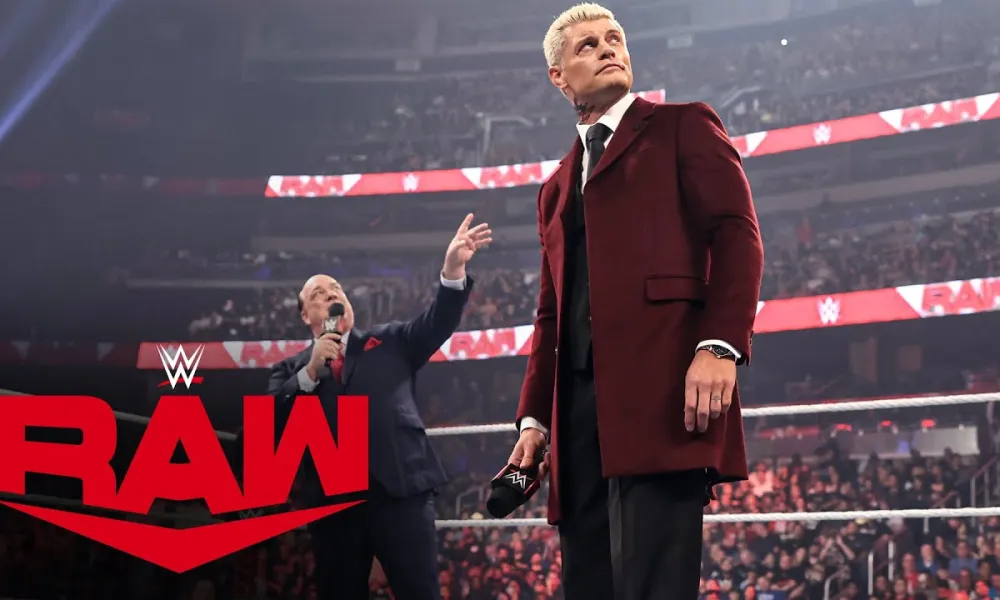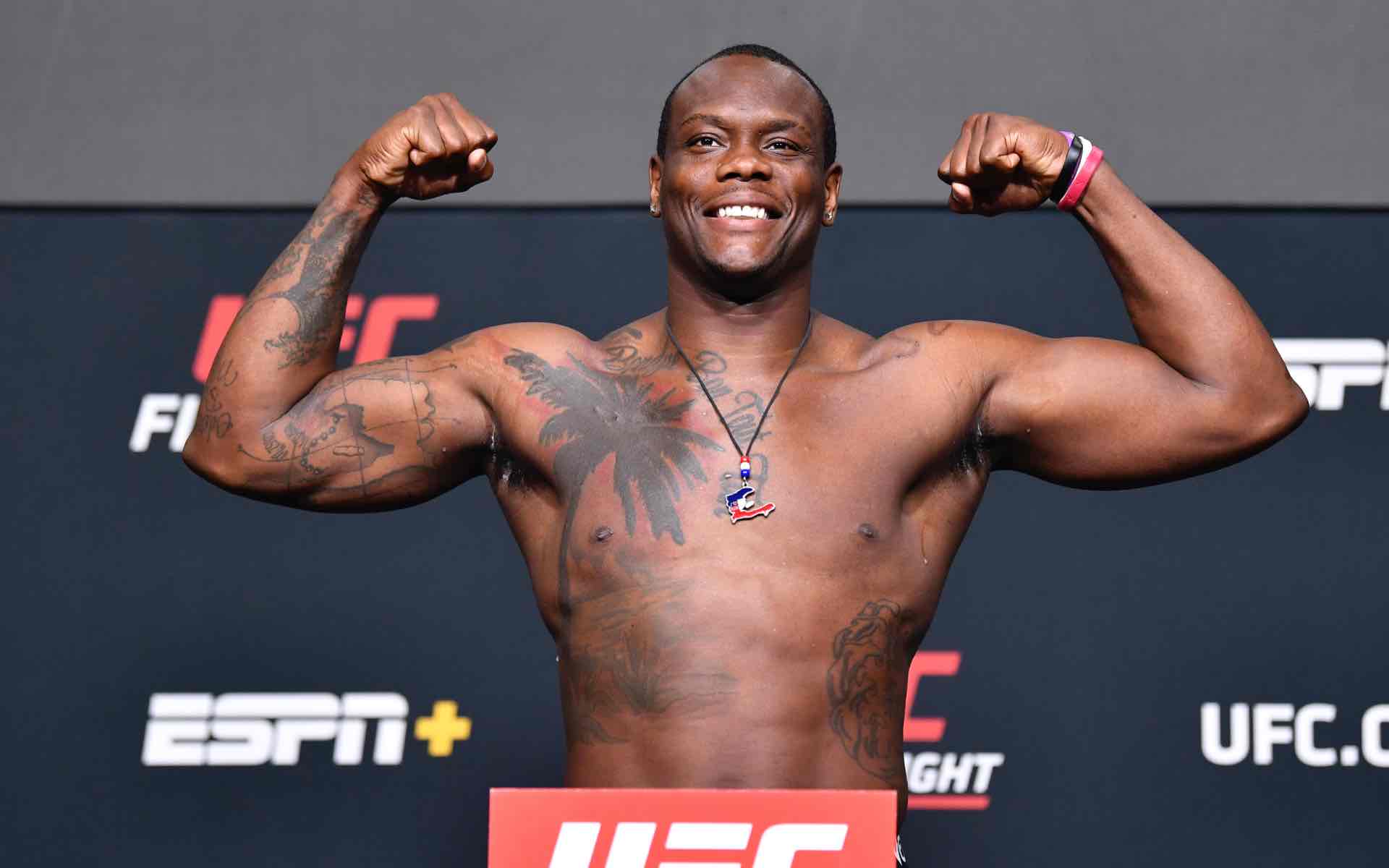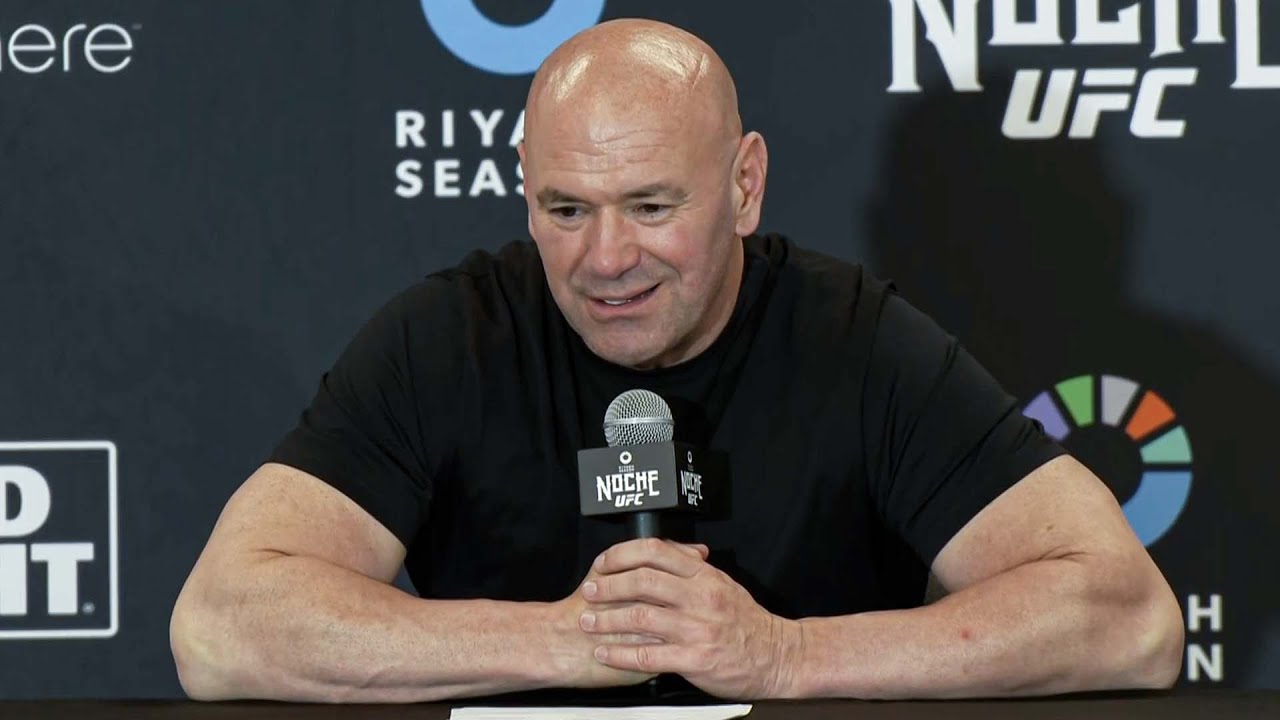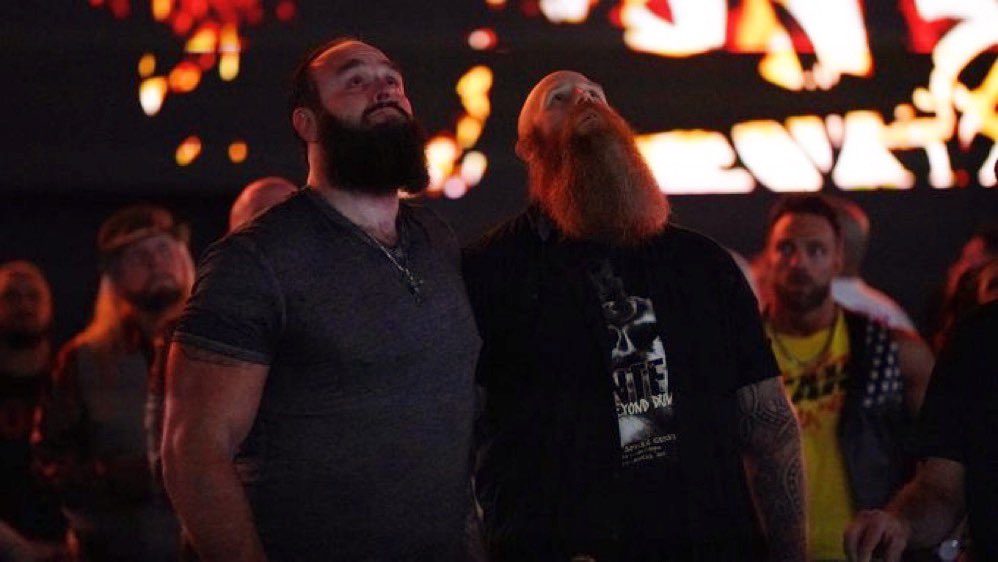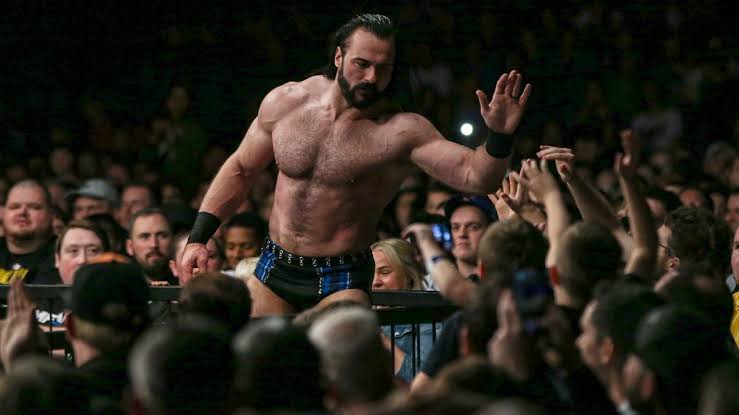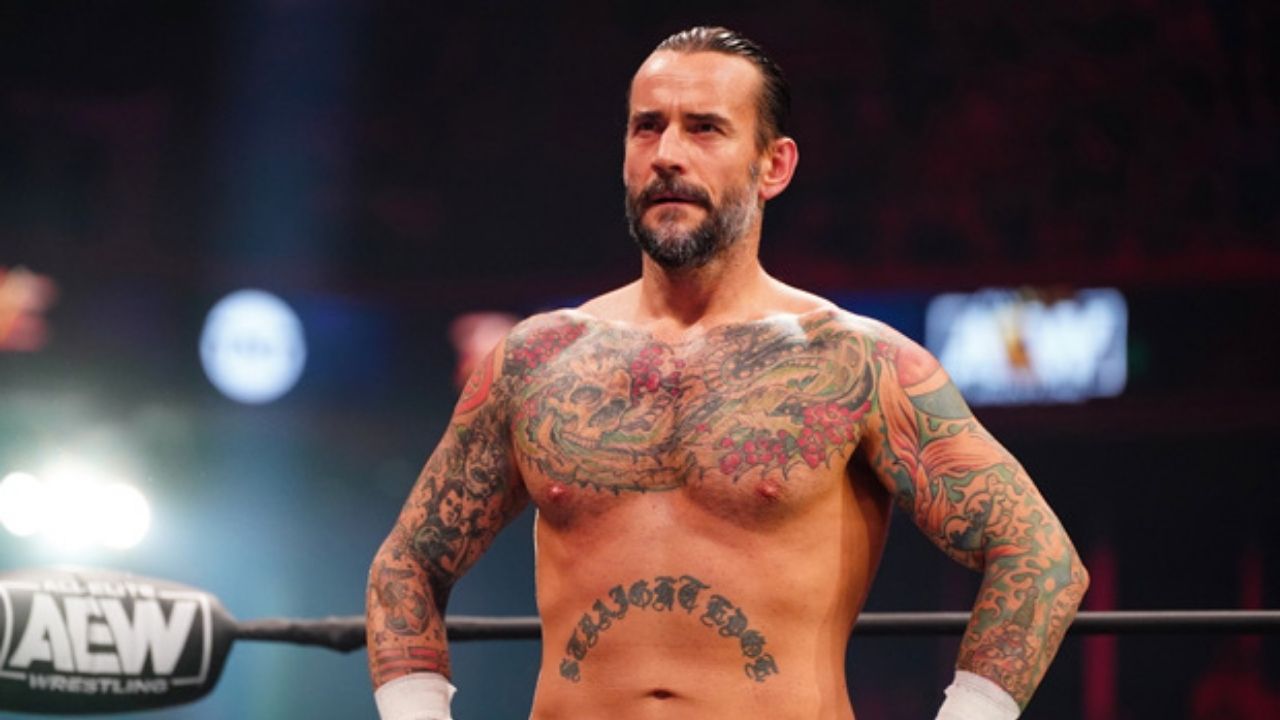Fight Camps: Inside the Preparation for a UFC Fight
Mixed martial arts is a combat sport that has the largest and most popular professional organization in the world, known as the Ultimate Fighting Championship, or UFC. The road to the Octagon is not a walk in the park and requires lots of training, planning, and hard work. This journey is not complete without the fight camp, a stage that is often intense where the fighters get to sharpen their skills, increase their physical fitness, and formulate strategies. This detailed piece gives an insight into the workings of a UFC fight camp while pointing out the various aspects of the preparation of the fighters for a competition.
The Structure of a Fight Camp
A fight camp normally lasts for 6–12 weeks and is designed to incorporate several factors of training. The primary phases of a fight camp include:The primary phases of a fight camp include:
Pre-Camp Phase: The process of assessment and planning is crucial for the identification of the needs of students and the development of the most appropriate strategies to meet them.
Early Camp: Laying the Groundwork
Mid-Camp: Skills Development and Planning
Peak Camp: High-Intensity Training and Sparring
Tapering Phase: Recovery and the Weight Cut
Pre-Camp Phase: In this section, the emphasis is put on the proper assessment of the organization and planning for change.
In general, before the beginning of the camp, participants and coaches determine the combat efficiency of fighters and their condition. This phase involves:
Medical Evaluations: To also make sure the fighter is not affected by any diseases or any other health complications, This commonly entails comprehensive examinations, blood tests, and occasionally imaging studies to exclude possible issues.
Goal Setting: Setting of goals that are more concrete, such as the improvement of certain skills, losing or gaining a specific amount of weight, or physical fitness. Goals should be specific and measurable in order to monitor progress being made towards the objective.
Opponent Analysis: scrutinizing the features of the fighting and strategies of the opponent in order to create a starting plan of action. This may include having to analyze previous fight clips, being aware of their strategies, and having countermeasures in mind.
Early Camp: Laying the Groundwork
The early camp therefore involves general conditioning as well as technical work in order to create the base for the team. Key components include:
Strength and Conditioning: acquiring overall fitness that comprises cardio-vascular exercises, weight training, and flexibility exercises. The workouts might be running, swimming, weightlifting, and bodyweight training.
Technical Drills: Improving complex skills in punching, kicking, and clinching among the students. Which consist of pad work, bag work, and rehearsing particular moves. This is why trainers usually stress the need to master the basics before moving up to higher proficiency levels.
Diet and Nutrition: Adopting a diet program that would meet such training requirements and also enable the fighter to get close to the weight of the fight. Nutritionists may be employed to design the most appropriate diets that will be efficient in terms of energy for the team and for recovery after the training sessions.
Mid-Camp: Skill Acquisition and Planning
As the camp continues, the concentration is on a number of factors, including the development of skills within the players as well as the mastery of game strategies. This phase includes:
Sparring Sessions: Training in order to recreate the fight conditions and perform certain moves against real-life counterparts. Cohorts are selected with the aim of emulating the opponent’s actions and strategies that are expected to be encountered next.
Tactical Drills: Engaged in refining various tactics that may be useful when the next opponent is expected, like weakening the opponent’s strong points and exploiting his or her weaknesses. This involves practicing certain moves in order to rehearse, for example, how to get out of certain bad stances or how to build certain sequences.
Mental preparation: Most athletes use visualization, meditation, and even consult with sports psychologists in an effort to strengthen their mental muscles. It is crucial to prepare mentally for the match; hence, fighters do many activities to boost confidence and reduce stress.
Peak Camp: The second area is the combination of high-intensity training with sparring.
This is the point where the training intensity is at its highest during the peak camp. Fighters push their physical and mental limits through:
High-Intensity Interval Training (HIIT): Improving cardiovascular endurance and the ability to produce a large amount of force in a short time with short periods of vigorous exercise. Some of the HIIT sessions may incorporate sprints, plyometric exercises, or any other kind of exercise that can be performed at a very high intensity.
Advanced Sparring: To train more minutely through more rigorous and realistic practices in order to apply the actions and staking plans more efficiently. These sessions are important so that the fighter can be assessed on how prepared he is and adjustments made before the fight.
Recovery Protocols: Introducing the concept of regimen days and massage, among other methods that can help in avoiding overtraining and thus injuries. This phase makes sure that the fighter is able to perform at its optimum without reaching a state of exhaustion.
Tapering Phase: Weight Loss and Rehydration
The last week of the fight camp is generally a less active one and a time to get down to cutting the weight. This phase includes:
Reducing Training Volume: Give the body a chance to rest and also avoid injuries by reducing the level and number of exercises done. Instead of hard contact and pad work, light technical drills and mobility are used.
Weight Cut: weight loss in a calculated manner, ensuring that the body gets the necessary nutrients while eliminating the excess calories. This often entails dietary restrictions such as strict meal schedules, drinking a lot of water, and dehydration just a day before the weigh-in.
Mental Focus: Focusing on the psychological aspect, such as the visualization of the fight, and enhancing the levels of confidence and poise. Some of the things that fighters may do are to relax and mentally take themselves through the strategies they are going to use in the fight.
The Implications of Coaches and Training Partners
In fact, good preparation for a fight camp requires the assistance of coaches and training partners. Key roles include:
Head Coach: Responsible for overseeing the entire camp with the general plan of how best to prepare the fighter set out and also with an overall view of how the various aspects of training will form part of the strategy of the fighter. The head coach is also responsible for integrating a training plan with several other specialists.
Striking Coach: This involves training the fighter on techniques in the use of fists, feet, knees, and elbows involving boxing, kickboxing, and Muay Thai. This coach is involved in footwork and routines, pairing of steps and moves, defending, and counter-attack moves.
Grappling Coach: Improves wrestling, BJJ, and judo abilities of the fighter. There are typically three types of grappling sessions that include the takedown, ground control, and submission.
Strength and Conditioning Coach: Provides and coordinates fitness activities that aim to increase strength, endurance, and general body fitness. This coach observes the fighter’s progress and switches the workouts if and when necessary.
Training Partners: Perform live practice through the process of sparring and drilling, imitating the style and tactics of the next opponents. Thus, a partner is involved when assisting the fighter to develop strategies to counter different situations.
Diet and Nutrition
The feeder, or diet, is a very important component in the training of a fighter. Key elements include:
Balanced Diet: Fueling using macronutrients where proteins, carbohydrates, and fats are taken in order to meet energy demands and muscle repair. The fighters take small meals several times a day so that they do not get tired when they are exercising.
Hydration: the necessity of hydrating during the camp and in between the bouts to perform and cut weight to the optimum level. Fighters consume enough water and employ electrolytes to ensure that they do not dehydrate.
Supplements: the taking of substances such as protein powders, amino acids, and electrolytes to boost recovery and performance. Supplements are also a very important factor in athletes’ diets, and they have to be selected very wisely because there is a long list of banned substances.
Weight Management: Arranging and applying safe weight reduction measures that will enable the fighter to make the required weight without straining him or her. Dietitians assist in determining what foods should be eaten and in the observation of changes that may need to be made.
Mental Preparation
Mentally, one has to prepare as much as physically for the game. Fighters employ various techniques to build mental toughness:
Visualization: anticipating the fight and then thinking of how to perform well in the fight by imagining how one can perform different techniques. In this case, visualization assists the fighters in having the impression that they are ready to fight.
Meditation and Mindfulness: mindfulness to help remain in the present moment during training and the fight to avoid stress and maintain focus. Such measures as the use of breathing exercises and meditation are well known.
Sports Psychology: Collaborating with SPSs in order to identify effective ways of managing stress, boosting self-esteem, and other methods of personality strengthening. This may entail using cognitive-behavioral procedures and performance coaching.
The importance of recovery
Recovery is a crucial part of any fight camp, as it makes the fighters healthy and in good shape for the fight. Recovery strategies include:
Rest Days: Taking rest is a good idea to allow the body to rest and prepare for the next rigorous activities. Normally, rest days are characterized by little or no exercise at all or such activities as stretching or swimming.
Sleep: Getting enough restful sleep facilitates proper healing and enhances physical and mental function. The topic of sleep hygiene is relevant and important to follow.
Massage Therapy and Physiotherapy: To alleviate and avert muscle tenderness, strain, and fatigue through the application of massage therapy, physiotherapy, and other related recovery treatments. They focus on the zones of the patient’s muscles where tension is present and aid in the process of muscle elasticity.
Cryotherapy and Ice Baths: Applying cold therapy techniques to the prevention and healing of inflammation and sore muscles. These methods assist in reducing the level of inflammation and the duration of healing.
Fight Week: The Final Countdown
The last week before the fight is typically the most important one, as all the preparations are completed. Key activities during fight week include:Key activities during fight week include:
Media Obligations: Press conferences, interviews, and all other related promotional events. These responsibilities are in addition to the training and recovery of the fighter.
Final Weight Cut: The final step of weight reduction is the regulation of diet and water balance. Coaches do not want their fighters to cut too much weight too soon since they need to be able to bulk up in time for the weigh-in.
Light Training Sessions: Participating in some exercises to ensure that one does not get easily bored while at the same time avoiding overtraining. The emphasis is on sustaining the conditioning and optimizing the methods being used.
Mental Focus: Staying relaxed during the fight as a result of using visualization and relaxation skills as a means of preparing for the fight. Contestants are known to conduct themselves in the final review of strategies and mental confrontation.
UFC fights require effort, hard work, and planning to prepare for the fights, hence the need to prepare well. A good preparation includes combat training, physical training, psychological training, and rest and recovery. Fighters go through a fight camp with the help of their coaches and training partners to be prepared for the physical and mental challenges that come with the bout and to be in their best shape when they enter the Octagon.


